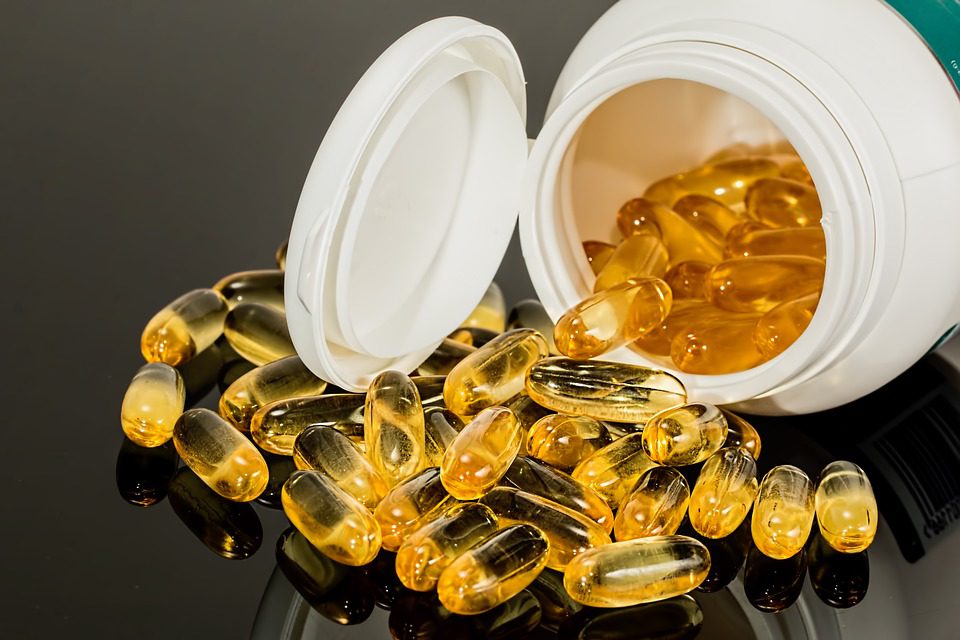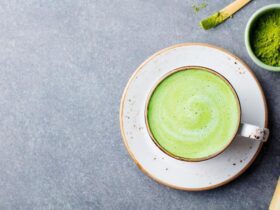After billions of dollars devoted to studies, a cancer cure continues to be elusive. This demonstrates the immensity of the task at hand: malignant cells are notoriously challenging to eradicate. Nevertheless, progress is being made in identifying the elements that contribute to the disease’s onset, and most of these aspects may be regulated.
Vitamin E aids in the maintenance of healthy eyes and skin, as well as the strengthening of the body’s innate defenses against infections and diseases. The majority of individuals should be able to get all of their vitamin E requirements by food alone, and emerging research shows that this is a safer option.
In the 1980s and 1990s, research indicated that vitamin E and selenium both offered some immunity from prostate cancer.
In 2001, the Selenium and Vitamin E Cancer Prevention Trial (SELECT) was initiated to conduct additional research on the results.
Thirty-six thousand healthy middle-aged participants were separated into four categories.
Each person was given two tablets daily: 400 international units (IU) containing vitamin E as well as 200 micrograms of selenium; vitamin E & a placebo; selenium with placebo and last just two placebos. Neither the participants nor their physicians were aware of who was getting what medication.
A new report provided further clarification.
A team of scientists from around the United States examined over 5,000 SELECT participants who submitted toenail trimmings as part of the trial’s recruitment process. Toenail clippings are really an excellent method for determining the amount of selenium in a person’s body.
The research found that supplementing with vitamin E alone increased the chance of getting strong prostate cancer, albeit mostly in men with poor selenium levels at the beginning of the trial.
Any assertion of benefit from nutritional supplements must be disregarded until and until substantial, regulated, and properly conducted studies prove such benefits—a happening that experts anticipate will be very unusual.











Leave a Reply